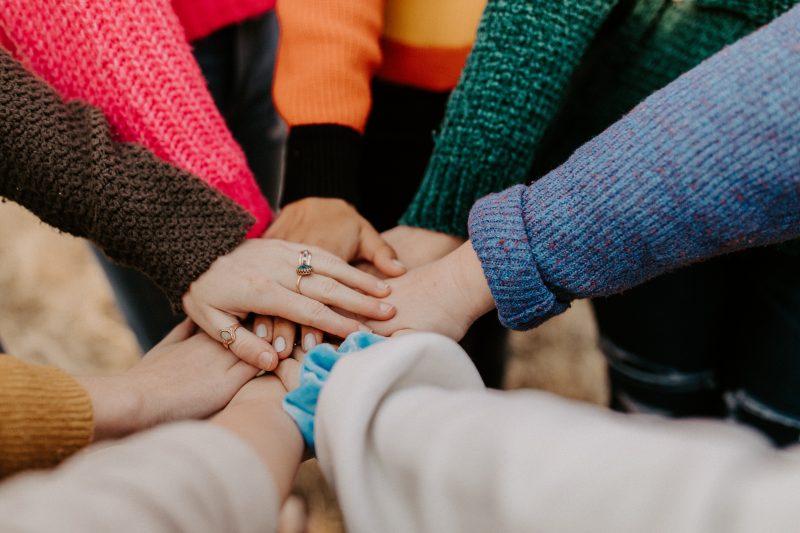
Most people consider socialisation an important part of their lives, as they can bond with people through common interests to alleviate loneliness. While this is a great benefit for human connection, social support is also an integral aspect of health. Some studies have shown that the benefits of friendship include a stronger immune system and decreased risk of conditions like hypertension, leading to longer and healthier lives.
Having strong social bonds also supports emotional well-being and contributes to overall happiness, which improves an individual’s outlook on life. Social support comes in many different forms, though, and belonging to a larger community is also beneficial in addressing certain concerns. Here, we discuss the power of community and how it influences improvements in well-being and health.
Provides resources for obesity
Obesity is considered a chronic condition, and the prevalence of the disease across the world is raising concerns about its implications on health. According to the World Health Organization (WHO), around one billion people worldwide are obese, and this demographic is expected to reach four billion by 2035. Addressing obesity is not a matter of discrimination against plus-sized bodies, rather, it is important to find interventions to combat the other health risks of the disease, including type 2 diabetes, cardiovascular diseases, cancer, stroke, and poor mobility.
While an individual can work on managing obesity on their own, having a community is a valuable resource when it comes to weight management. Joining weight loss programs introduces you to like-minded people who can help ease you into learning healthy habits to support your goals. This resource not only helps tailor an effective program that suits your health requirements and preferences, but you also have a support system to keep you accountable for your weight loss. You can even do weekly check-ins to check your progress and also ask for experience-based advice for nutrition or exercise to help you stay motivated.
Combats depressive ideations
When mental health is not properly supported, serious issues such as depression can develop and affect your life. In fact, recent evidence suggests that one in 13 Australians experience depression. This costs between $600 to nearly $900 on associated mental health solutions daily. While it is important to consult with a healthcare professional to address and treat symptoms of mental illness, having social support through group therapy sessions within a community is a valuable resource, too.
With group-based interventions, you’re less likely to feel lonely or alone, which combats persistent sadness and isolation. Being surrounded by people you can share your thoughts with and emotionally validate you also improves your ability to recover from stress and other taxing feelings that could impact your self-confidence and general life outlook. It’s important to find a community that can help you be the best version of yourself by supporting your mental health needs in the long run.
Contributes to a better quality of mobility
When considering the physical and mental health benefits of social support, it also supports the larger picture of a better quality of life through mobility. It is important to support mobility within a community, as it fosters independence, enhances social interactions, and can ultimately reduce care costs. A study from Frontiers illustrates how the prevalence of poor mobility affects certain demographics such as older Australians, leading to limited physical activities and experiencing higher levels of stress, which is detrimental to overall well-being. With a community, though, it’s easier to create more conducive spaces that can be accessed by people of all ages to support their health.
For example, a strong sense of community in a neighbourhood means that people are looking out for each other, and this creates a desire to have easily accessible spaces where people can convene and gather. This prompts community members to transform the physical conditions in which they live and work and encourages a better lifestyle. Additionally, our blog highlights online community connection strategies, such as creating group chats to stay connected even if you’re physically apart. This is a helpful resource for checking in with members of the community and a way to provide help and support for those who need it.





